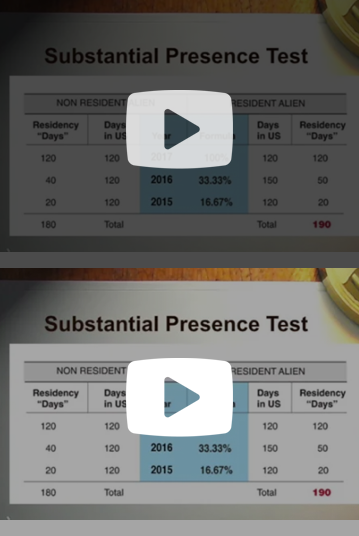Florida Reorganization Lawyer
If a company acquires another company or goes through some form of reorganization, is the restructuring a taxable event? A reorganization is not taxable at the entity level, but it may be taxable to shareholders who receive cash, debt or some payment other than stock from the acquiring corporation. For help understanding the rules or dealing with a dispute over taxation with the IRS, call Lehman Tax Law for a complimentary consultation with a former IRS senior attorney with over 50 years of experience in U.S. tax law practice.
What is a reorganization?
Under section 368 of the Internal Revenue Code, any of the following events could qualify as a reorganization:
- A statutory merger or consolidation
- One corporation acquires the stock of another corporation through an exchange of its voting stock and acquires control of the other corporation (Merger & Acquisition)
- A corporation acquires substantially all properties of another corporation through an exchange of its voting stock
- A corporation transfers all or part of its assets to another corporation, and shareholders to take control of the corporation
- Recapitalization
- A change in the company’s identity, form or place of organization
- Transfer of assets as part of receivership or bankruptcy
An M&A May Be Tax-Free Reorganization
IRC 368 covers mergers and acquisitions when the acquiring corporation uses stock as a significant portion of the consideration paid to the seller rather than cash or debt. This transaction might qualify for tax-free treatment if four conditions are met:
- At least half of the consideration paid is from the stock of the acquiring corporation
- The acquiring corporation continues the historical business of the acquired business or uses a significant portion of its assets in an existing business for a period of two years following the transaction
- The transaction serves some valid business purpose and is not undertaken solely for tax avoidance
- The transaction is not part of a larger plan that constitutes a taxable acquisition



